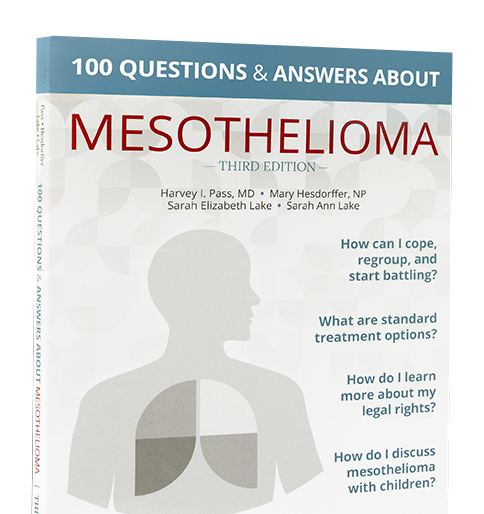The American Cancer Society says most stage I and some stage II and III pleural mesotheliomas are potentially resectable, but there are exceptions. The subtype may determine whether a tumor is resectable, as most doctors don’t believe that sarcomatoid tumors are helped by resection. Whether or not a tumor is resectable may also depend on where it is in the body, how far it has grown into nearby tissues, and if the patient is healthy enough to have surgery.
Common surgeries for many patients with resectable pleural mesothelioma include extrapleural pneumonectomy (EPP) and pleurectomy/decortication (P/D). Because surgery offers a better chance that most or all of the cancer can be removed, it is more likely to result in long-term benefit in early stage cancers. Though EPP might offer the best chance to remove the cancer, the operation is considered complex and extensive and is more likely to result in complications, so not all patients can tolerate it.
Some early-stage peritoneal mesothelioma patients might also benefit from surgery that removes as much of the cancer as possible. “This may be combined with heated intraperitoneal chemotherapy (HIPEC),” says the ACS, which often leads to “long remissions” after the treatment. some later-stage cancer patients may benefit from HIPEC, “but the benefits are more likely to last only a short time.”
It is important to keep in mind that imaging tests, such as CT scans, are performed before surgery. A surgeon may feel that the cancer is resectable based on the results of these tests, only to discover once the operation starts, that not all of the cancer can be removed. “In these cases, the surgeon may switch to a less extensive operation like P/D (which is easier to tolerate) or even stop the surgery altogether if it’s not likely to be helpful,” says the ACS. If this occurs, chemotherapy (the main treatment for unresectable mesotheliomas) would be the next line of treatment.
Chemo may improve symptoms and shrink or slow the growth of the cancer for a time. Though it may help patients live longer, chemotherapy is not a cure for mesothelioma.
If you have been diagnosed with mesothelioma, it is important to understand the goal of treatment before it starts. This can help you make an informed decision while investigating all of your treatment options.
Sources
American Cancer Society. American Cancer Society, Inc., 17 Feb. 2016. Web. 19 Dec. 2017.






